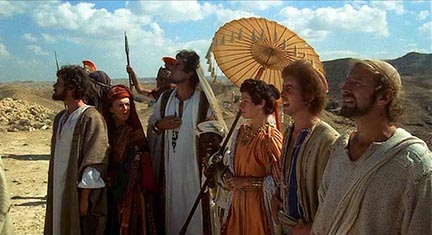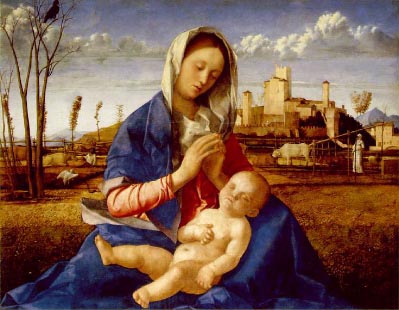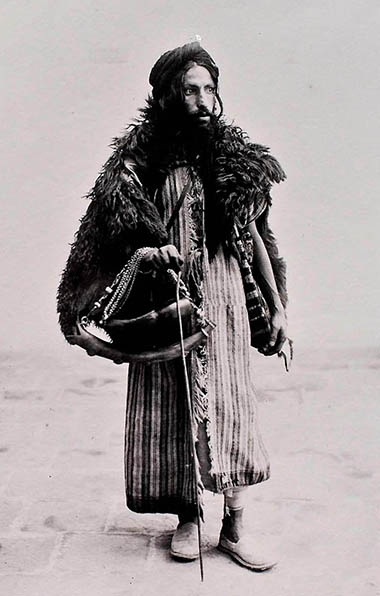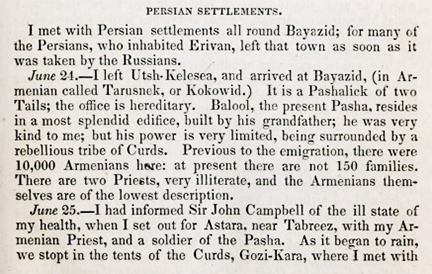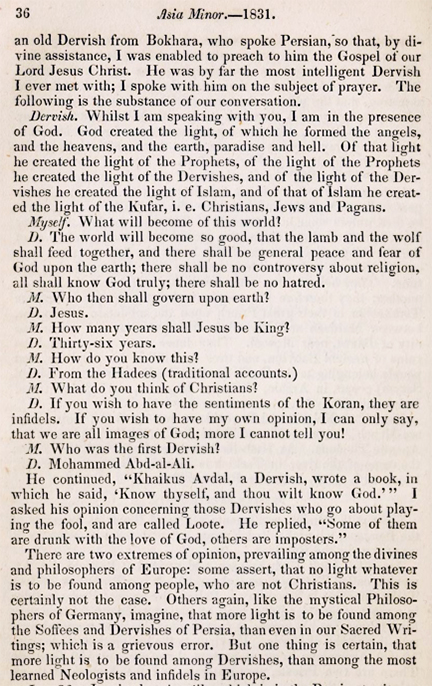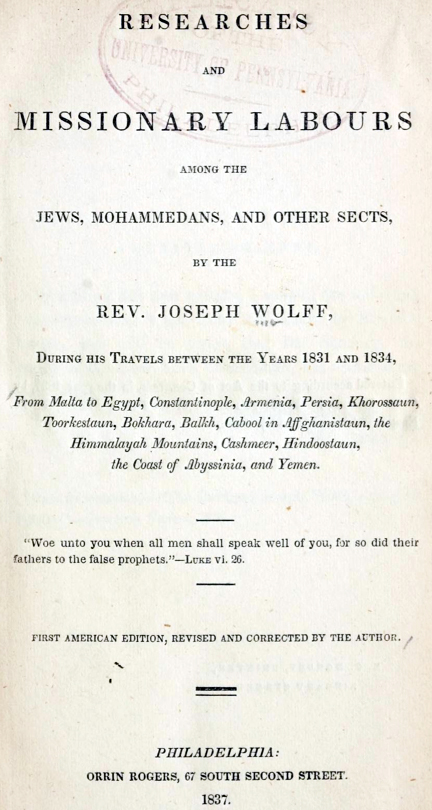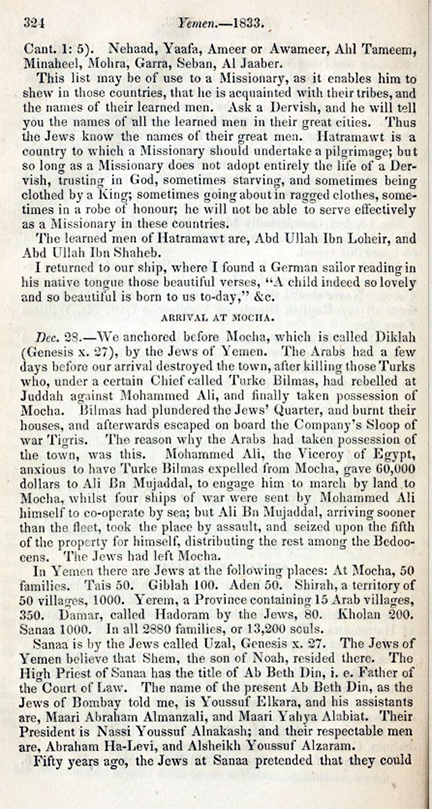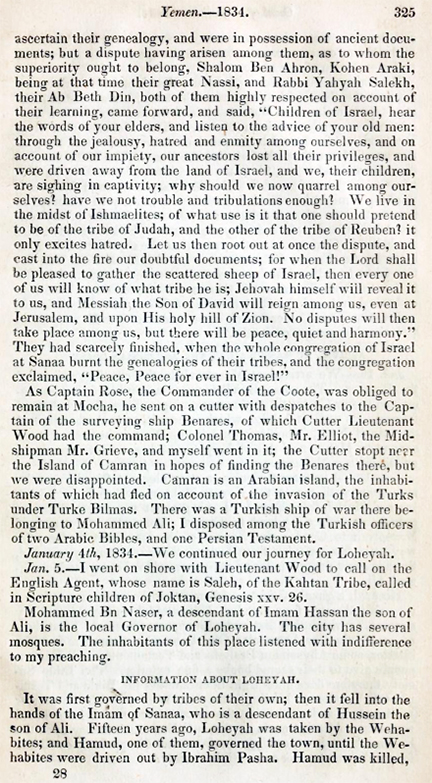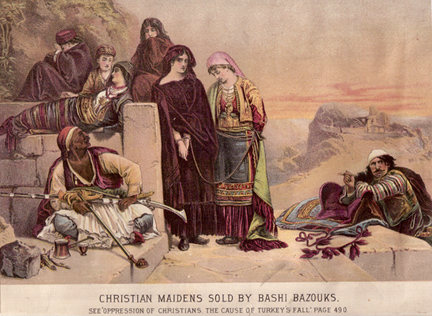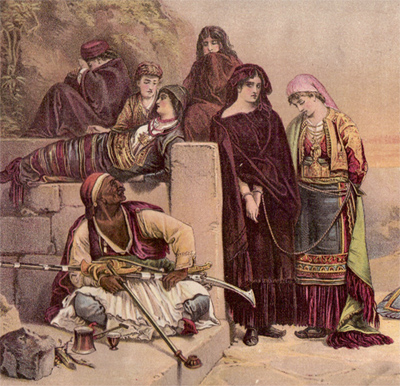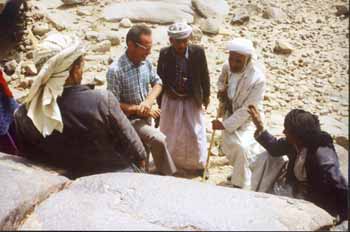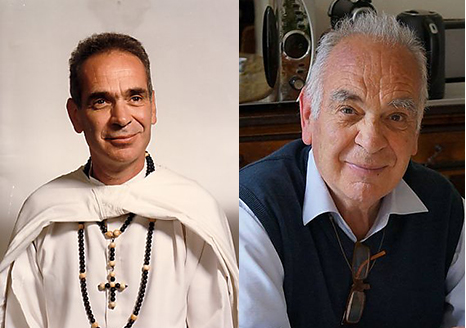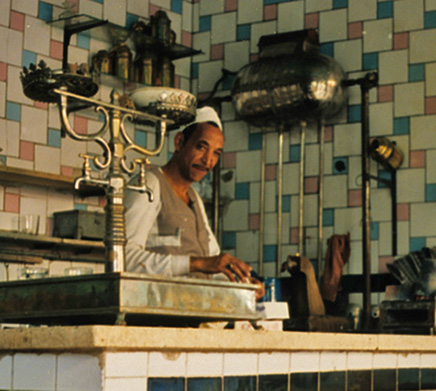
Egyptian drink seller near al-Azhar in 1983; photography by Daniel Martin Varisco
Egypt faces an ethical dilemma, one that affects anyone who has ever visited or carried out research in the country. My first experience in Egypt was in early 1981 when I conducted research in Asyut on rural sanitation for a USAID project, my first development assignment. This was still Sadat’s Egypt, open to American aid and seeking to end the bitter taste of unwinnable war with Israel. I felt safe no matter where I traveled. The only time I winced was when I visited the Pharaonic ruins in Luxor and stayed in one of the lesser hotels. Striking up a conversation with the young man at the hotel desk, he asked me if I could tell the nationality of another guest’s passport. The passport was in Hebrew and the guest was the Israeli consul. I calmly explained this to the clerk, who took it in stride – another paying customer. In 1983 I was able to spend a year in Cairo studying Islamic manuscripts at Dar al-Kutub, the Egyptian National Library. I could walk from my apartment in Zamalek on Ahmet Hishmet Street across the kubri to the library with my only fear being how to dodge the insane traffic crossing the corniche. I literally walked everywhere, enjoying the kebab, falafel and Groppi sweets. And everywhere I was welcomed with a hospitality and humor that anyone who has lived in Egypt can attest. This is the Egypt I have fond memories of, but this is now the Egypt that is exploding from within.
Egypt’s problems have always been forced upon the people by conquest after conquest from the Hyksos to the Greeks to the Arabs to the French to the British. The Arab Spring that seemed to bring the modern era of pseudo-Mamluk dictators to a close was heralded as a new beginning. The election, despite doubts of its validity, of Ibrahim Morsy as president with the obvious blessing at the time of the military was seen by many pundits as a hopeful sign. Would the Muslim Brotherhood, long in opposition but with a wide following, manage to meld their Islamic fervor with a stable and tolerant democracy? Whether this experiment might eventually have worked is now a moot point. The military coup that deposed Morsy last summer has now declared the Muslim Brotherhood a terrorist organization. Continue reading Brotherhood, Brotherly Hate, Brotherly Love
